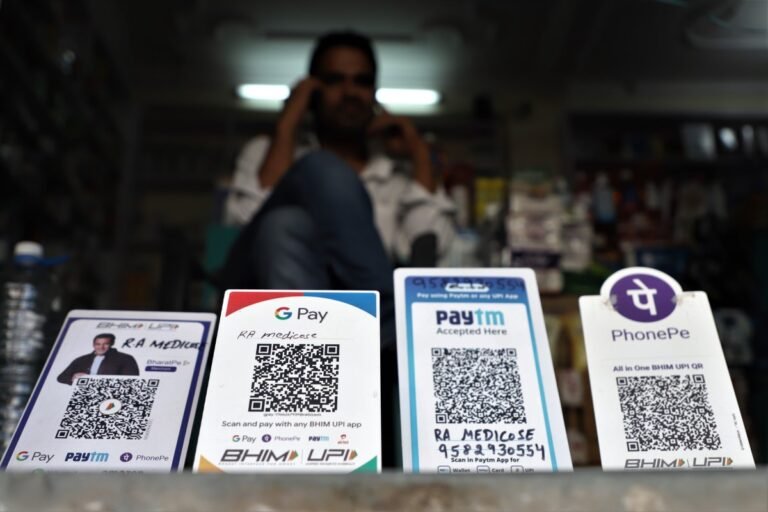
UPI, built by a coalition of Indian banks, has become the most popular way Indians transact online, processing over 10 billion transactions monthly.
In February, a parliamentary panel in India urged the government to support the growth of domestic fintech players that can offer alternatives to the Walmart-backed PhonePe and Google Pay apps.
The NPCI has long advocated for limiting the market share of individual companies participating in the UPI ecosystem to 30%.
The RBI is also weighing an incentive plan to create a more favorable competitive field for emerging UPI players, another person familiar with the matter said.
Indian daily Economic Times separately reported Wednesday that the NPCI is encouraging fintech companies to offer incentives to their users, promoting the use of their respective apps for making UPI transactions.

Even as quick commerce is slowly fading in many markets and several heavily-funded startups have folded in the past two years, India is emerging as a striking outlier where the model remains vibrant.
Zomato’s Blinkit leads the quick commerce market in India, having cornered as much as 46% of the market share by GMV in the quarter that ended in December, according to a new analysis.
Reliance Retail-backed Dunzo, which pioneered the quick commerce model in India, has virtually lost its entire market share.
However, the long-term sustainability of the quick commerce model remains to be seen.
Flipkart is weighing entering the quick commerce market by as early as May this year, TechCrunch reported last week.

Mapping startup Hivemapper will launch a new dashcam later this year that its co-founder believes will speed up efforts to claw market share away from Google.
The new Hivemapper Bee camera, revealed Wednesday, is part of the company’s years-long push to decentralize mapping and make map data more affordable and accessible.
Late last year the company launched Scout, a “location monitoring tool” that lets customers “mark” a location and receive images every time a Hivemapper driver passes by.
The company says the Bee will create higher-quality map data that is less likely to be rejected upon submission.
Nelson says there are plenty of people who want to buy a Hivemapper camera for other reasons.

PhonePe plans to compete against FlipKart and Amazon, two of India’s most popular online stores. The company, which was founded by former Walmart executives, has said it will offer lower…







